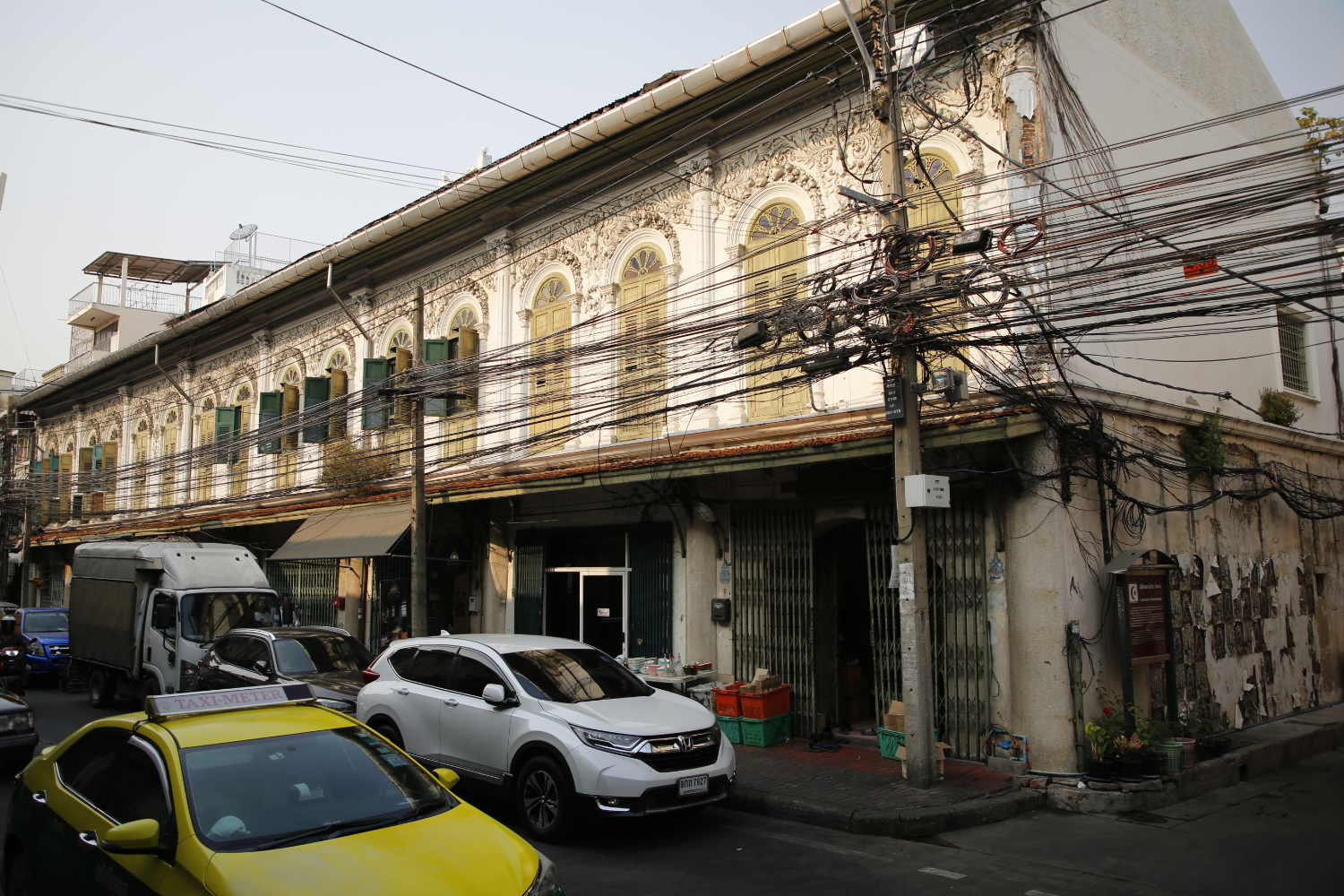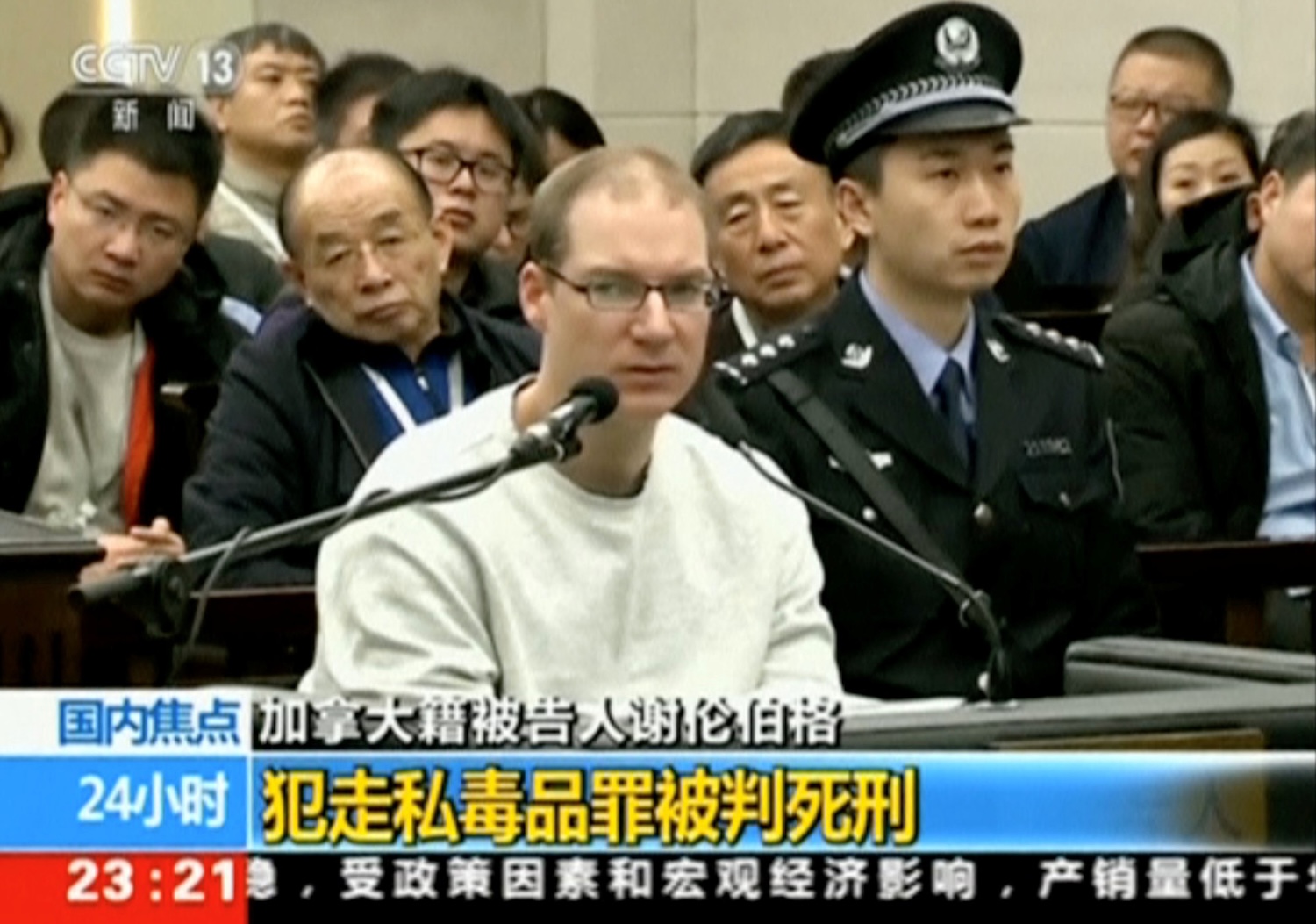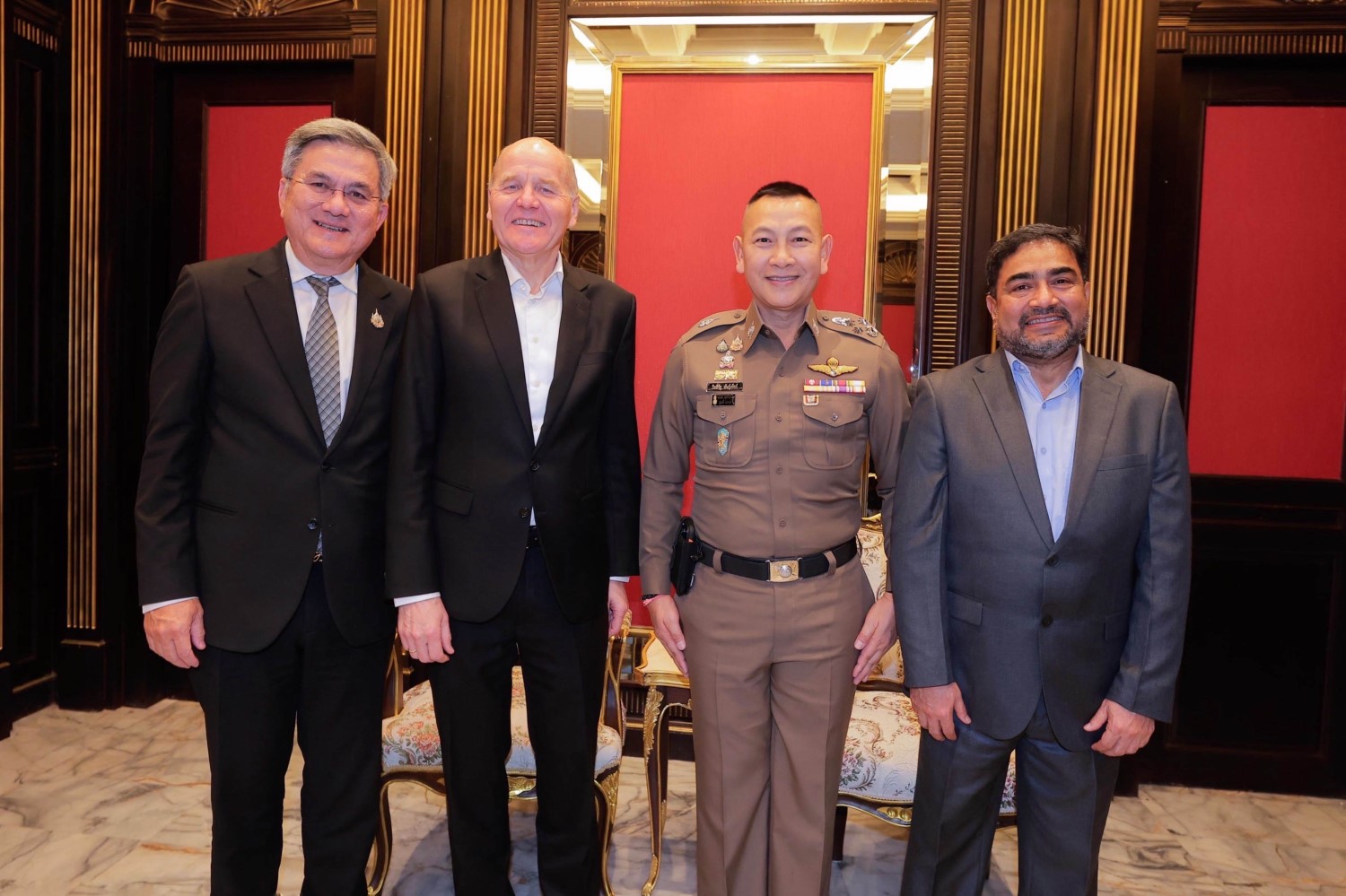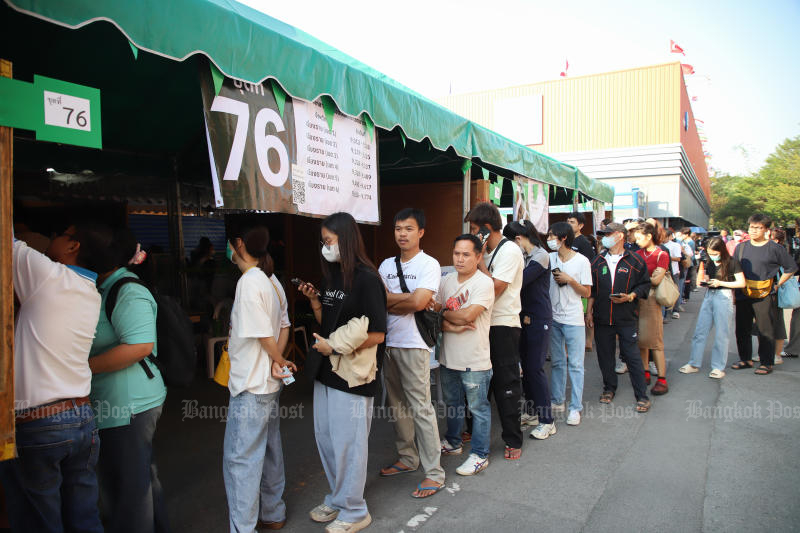Showing 1 - 10 of 2,253
US tech giant Nvidia announces India deals at AI summit
AFP, Published on 18/02/2026
» NEW DELHI — US artificial intelligence (AI) chip titan Nvidia unveiled tie-ups with Indian computing firms on Wednesday as tech companies rushed to announce deals and investments at a global AI conference in New Delhi.
NBTC starts Yaowarat cable work
News, Post Reporters, Published on 17/02/2026
» Overhead cables in the Yaowarat area are being moved underground.
Billionaire Sarath’s Gulf doubles Kbank stake
Published on 14/02/2026
» Gulf Development Plc, controlled by billionaire Sarath Ratanavadi, has doubled its stake in Kasikornbank Plc to become the Thai commercial lender’s largest shareholder.
TrueBusiness, SoftBank join forces to drive enterprise AI
Published on 11/02/2026
» TrueBusiness is accelerating its strategic trajectory in tech-solution development, reinforcing True Corporation Plc’s vision as Thailand’s leading tech company, as it marks a pivotal strategic partnership with SoftBank Corp (SoftBank), the telecommunications leader from Japan.
Thai telecom industry urges quicker digital reforms
Business, Komsan Tortermvasana, Published on 11/02/2026
» The new government is being advised to prioritise regulatory easing to attract greater foreign investment in digital infrastructure, enhance workforce skills, and promote the adoption of new technologies.
China overturns Canadian man’s death sentence
Published on 07/02/2026
» China’s highest court has overturned a death sentence against a Canadian man convicted of drug smuggling, a sudden reversal in a case that has been a years-long source of diplomatic friction between Beijing and Ottawa.
True Corp backs police drive against cross-border scam networks
Published on 03/02/2026
» True Corporation is supporting Royal Thai Police efforts to strengthen cybersecurity, with senior executives meeting the commissioner-general to exchange intelligence and coordinate action against transnational scam operations.
A trader’s guide to Thai elections as leaders promise stimulus
Published on 02/02/2026
» Greater clarity on Thailand’s spending plans and measures to support growth are at the top of investors’ list as the country heads into a general election amid gains in the stock market.
Apple unveils AirTag 2 with longer range, louder alerts
Life, Puriward Sinthopnumchai, Published on 28/01/2026
» Apple has unveiled the AirTag 2, an upgraded version of its item tracker that offers more accurate location tracking, a longer search range and a much louder alert sound, making it easier for users to locate lost belongings via the Apple Watch.
AIS clarifies illegal cross-border internet issue
Business, Komsan Tortermvasana, Published on 27/01/2026
» Advanced Info Service (AIS) on Monday filed a clarification with the Stock Exchange of Thailand regarding the detection of unauthorised cross-border internet signal connections arising from a customer's misuse of AIS services, in breach of the applicable service terms and conditions and in contravention of relevant laws.













